
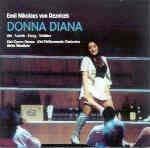
As I felt when I encountered and reviewed Reznicek’s Ritter Blaubart (type Q6627 in Search Reviews), this all-but-hidden composer has a great deal to offer.
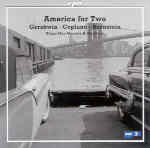
There’s nothing remotely idiomatic about how the Piano Duo Genova & Dimitrov plays Gershwin, Copland, and Bernstein. Rhythms are utterly chiseled in stone, leaving no
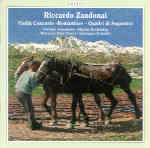
Okay, the music may be a little bit kitschy, but if you like Respighi and his school, you’ll love this stuff. The orchestration is richly

Felix Draeseke’s music continues to make a mixed impression. Certainly Jörg-Peter Weigle’s vigorous and confident performance of the derivative First Symphony makes a better impression
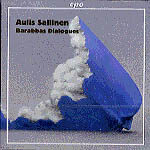
Barabbas Dialogues is a major statement by one of today’s leading composers. It is highly original and imaginative in form, yet its musical style is

This is just the sort of music that the CPO label specializes in: well-wrought works by a worthy yet relatively obscure composer. Neither piece on
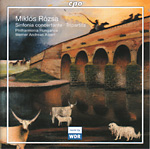
Miklós Rózsa’s 1958 Sinfonia concertante shares with his film music a certain epic sweep, with solo violin and cello acting as protagonists in some grand
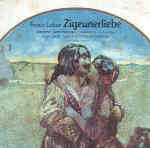
The Merry Widow appeared in 1905; The Count of Luxembourg in 1909. In 1910, Franz Léhar rounded out the trilogy of successes with Gypsy Love
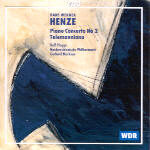
Hans Werner Henze seems to embrace the dictum that “the only thing constant is change.” His compositions have run the stylistic gamut as the composer
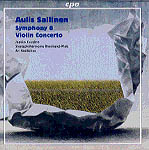
CPO’s new Aulis Sallinen disc opens with the dark and dramatic Shadows, where the composer’s skill at mood-setting and cinematic scene-painting, as well as creating
![]()
